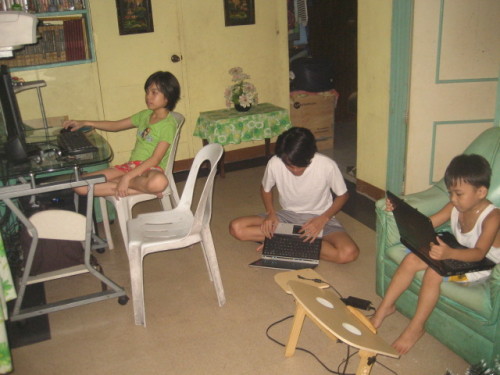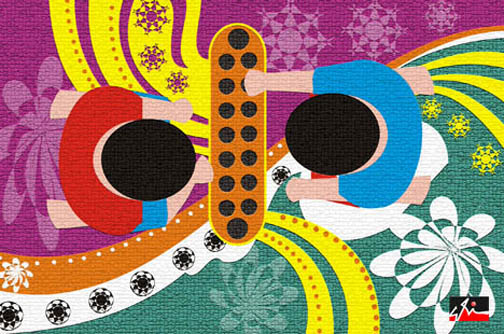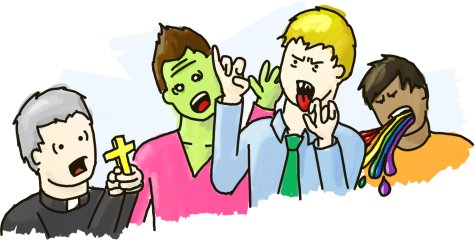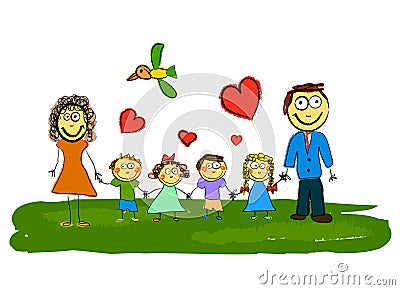
From the discussion of the strengths and weaknesses of the Filipino, it is clear that there is much that is good in us but there is also much that needs to be changed. It is also clear that many of our strong points are also the sources of weakness.
As people, we are person-oriented and relationships with others are very important part of our lives. We are thus capable of much caring and concern for others. On the other hand, our person orientation in the extreme leads to lack of objectivity and disregard for universal rules and procedures where everyone, regardless of our relationship with them, is treated equally. Our person orientation leads us to be concerned for people and yet to be unfair to someone.
Our family orientation is both strength and weaknesses, giving us a sense of rootedness and security, both very essential to any form of reaching out to others. At the same time, it develops in us an in-group that prevents us from reaching beyond the family to the larger community and the nation.













